ARTICLE AD BOX

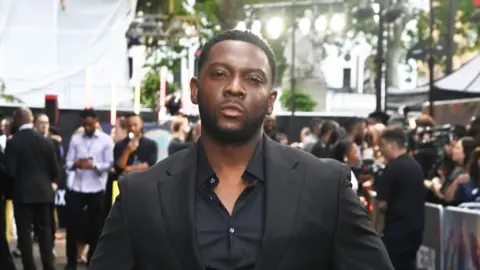 Getty Images
Getty Images
Rapman says he is "so proud of having made something so special"
Heroic superheroes fighting evil and the gritty streets of south London aren't two worlds that would usually collide, but for Rapman it was a match made in heaven.
The 35-year-old rapper and director has created a new Netflix sci-fi series about five black south Londoners who unexpectedly gain superpowers.
At the London premiere, Rapman, real name Andrew Onwubolu, jokes that he wishes he could have the power of teleportation given that he almost turned up late to his own event.
He says that the inspiration behind the show, titled Supacell, was "being a massive fan of the superhero genre but never feeling that it was realistic to the world I live in".
"You might think these genres don't mix but when you see it, you think, yeah this is what it would be like if Londoners had superpowers."

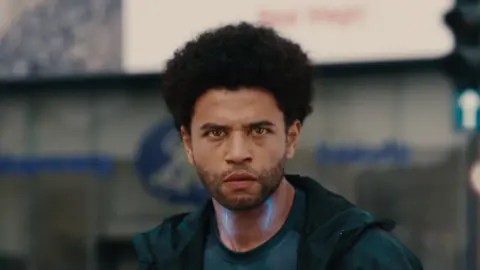 Netflix
Netflix
Calvin Demba plays Rodney, a wheeler dealer who develops the power of superspeed
"The show is about five ordinary people doing extraordinary things," explains Tosin Cole, who plays lead character Michael.
Michael is on his own personal mission to bring the other four - Tazer, Rodney, Sabrina and Andre - together for a crucial mission.
The five have never met but now must join forces in order to save his fiancee, Dionne (Adelayo Adedayo), from dying.
Cole, who most recently starred in Doctor Who as companion Ryan Sinclair, says that above all of the superpowers, "love is the most important as it forces people to do things they would have never imagined".

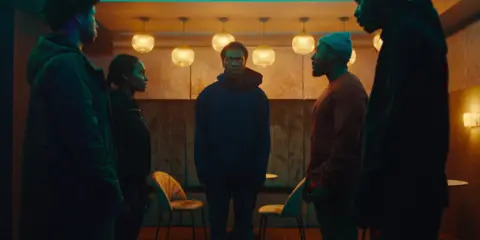 Netflix
Netflix
The five characters from south London all develop superpowers at the same time
'Tame my blackness'
One distinct feature about Supacell is that most of the cast, and those behind the camera, are black.
Michael Salami, one of the supporting actors, tells the BBC that working on the set "was so different to any other project".
"Normally I have to tame my blackness and who I am, but here I didn't have to change a single aspect of myself and didn't have to worry about anything."
He also explains that usually there is a problem with hair and make-up not catering to black people.
"It's so bad that I've learnt to cut my hair because no one on set knows how to treat our hair but here it wasn't like that."
Nadine Mills, plays NHS nurse Sabrina, who develops the power of telekinesis.
She also says the difference in hair and make-up on set was "incredible".
"They know how to work with your hair texture, your complexion and so really it made coming to work that bit more enjoyable."

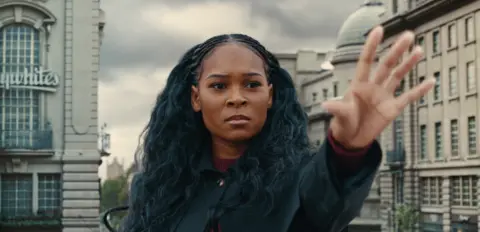 Netflix
Netflix
Sabrina is the only character out of the five that doesn't want to have a superpower
Reviews of Supacell have been generally positive - Empire awarded the show four stars and called it "an impressively unpredictable show pulsating with vitality and urgency", while The Telegraph said it "combines Top Boy and Misfits" and also gave it four stars.
The Hollywood reporter said "the way it feels and plays out is completely distinctive" from other superhero films.
"The genre is the genre, but the tone and feel that Rapman sets and the characters he builds out are different enough to be worthwhile," Daniel Fienberg wrote.
'Sickle cell is empowering'
Much like Rapman's 2019 postcode-war thriller, Blue Story, which delved into London gangs, Supacell doesn't shy away from tackling some big issues, one of which is sickle cell disorder.
It may seem that a south London superhero film is an unlikely place for a storyline on a blood disorder, but Rapman wanted to "do something empowering".
There are about 17,000 people living with sickle cell disorder in England, with some 250 new cases diagnosed each year.
It is more common in people of Black African and Caribbean heritage.
"It's something that has always affected our community and I never understood it," explains Rapman. "I wanted to show how a disease like this can make you extraordinary".
Grime artist Ghetts plays one of the supporting actors in Supacell and said he wanted to be part of the show because of how sickle cell is dealt with.

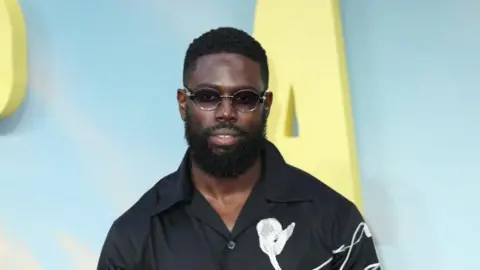 Getty Images
Getty Images
Ghetts and Digga D both have cameos in Supacell
"Rapman shows that having this disease can be a superpower and that's what made me so emotionally attached to the script," he says.
The 39-year-old artist says it was "amazing" to turn his hand to acting and on set he wasn't "Ghetts the rapper, but someone who was there to just learn and be a sponge".
Rapman's attempt to create a realistic portrayal of south London meant that he had to show "the good and the bad" which included gang violence.
"It's a show about south London and to not include the gang violence I wouldn't be true to myself or to the south London I know," he says.
One of the five characters with superpowers, Tazer, is a teenager involved in a gang.

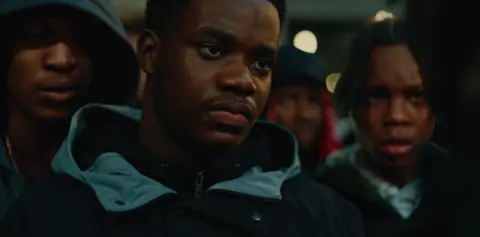 Netflix
Netflix
Rapman says that for most of his life growing up in south London he "only saw Tazer's world" of knife crime and violence
Josh Tedeku, who plays Tazer, tells the BBC he was conscious not to glorify the knife crime, but ultimately "the way the script is written is in a way that it can't be taken positively as it really shows the brutal nature of being able to take someone's life and the impact of that".
"But it is real and part of this show is telling stories that are real," he adds.
And that is the ultimate point of Rapman's show - the superpowers bring the fantasy element, but Supacell is about real people with real hopes, experiences and problems.

 6 months ago
25
6 months ago
25
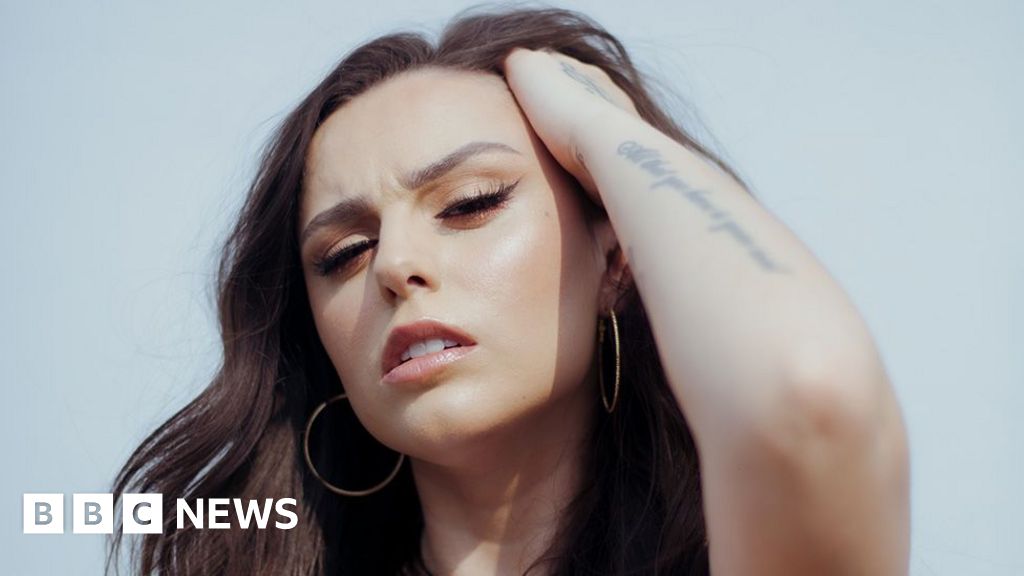
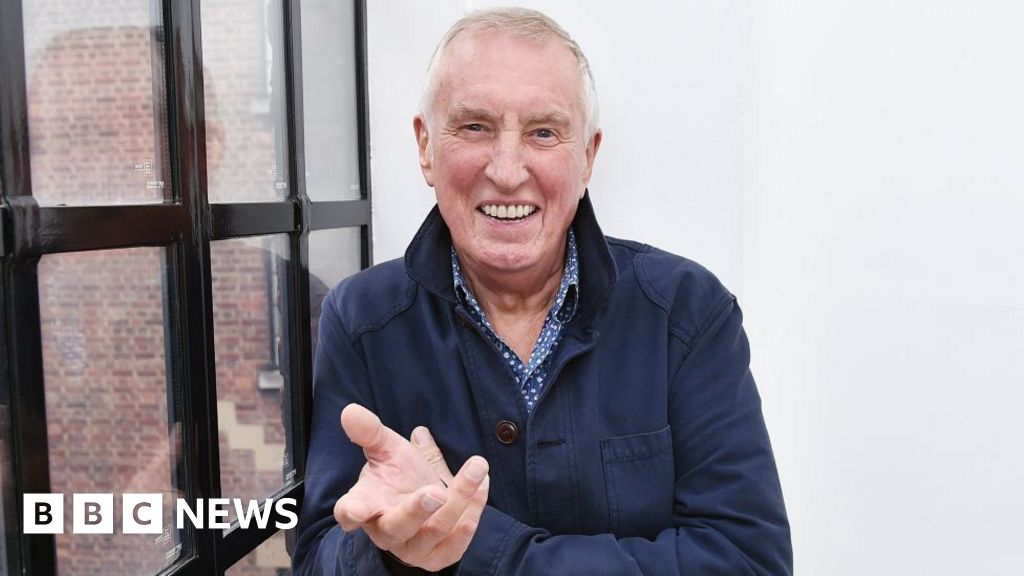
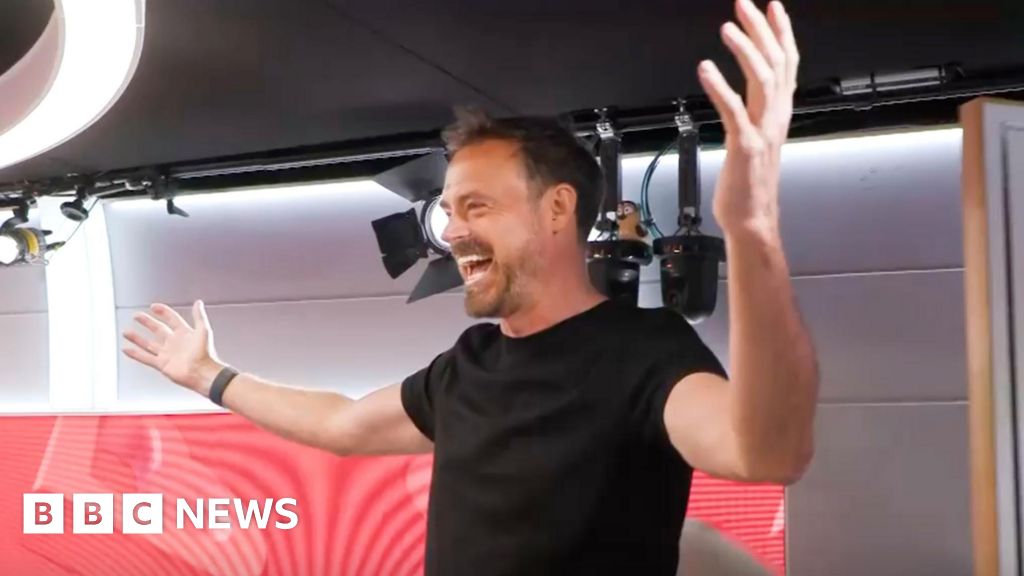





 English (US) ·
English (US) ·